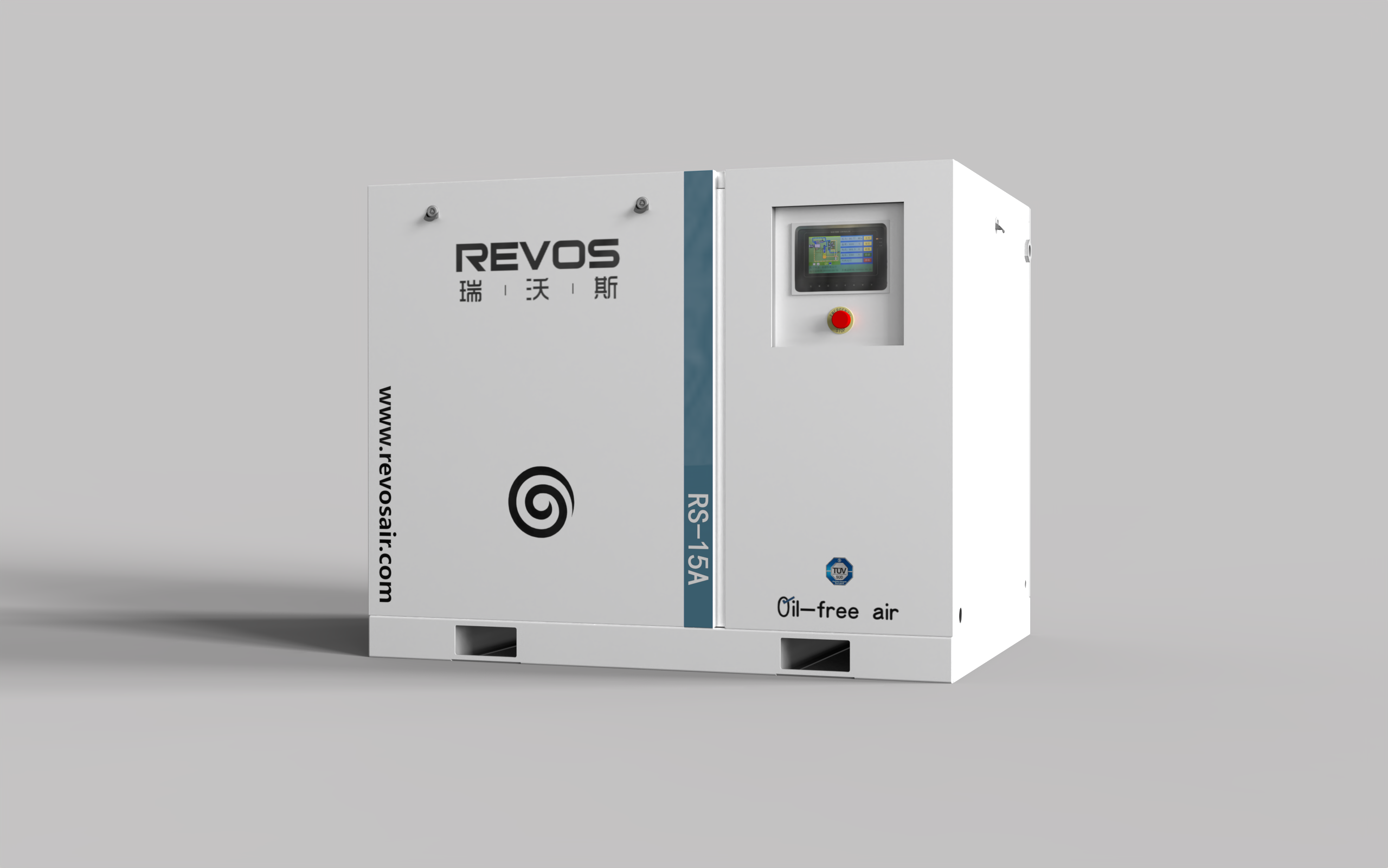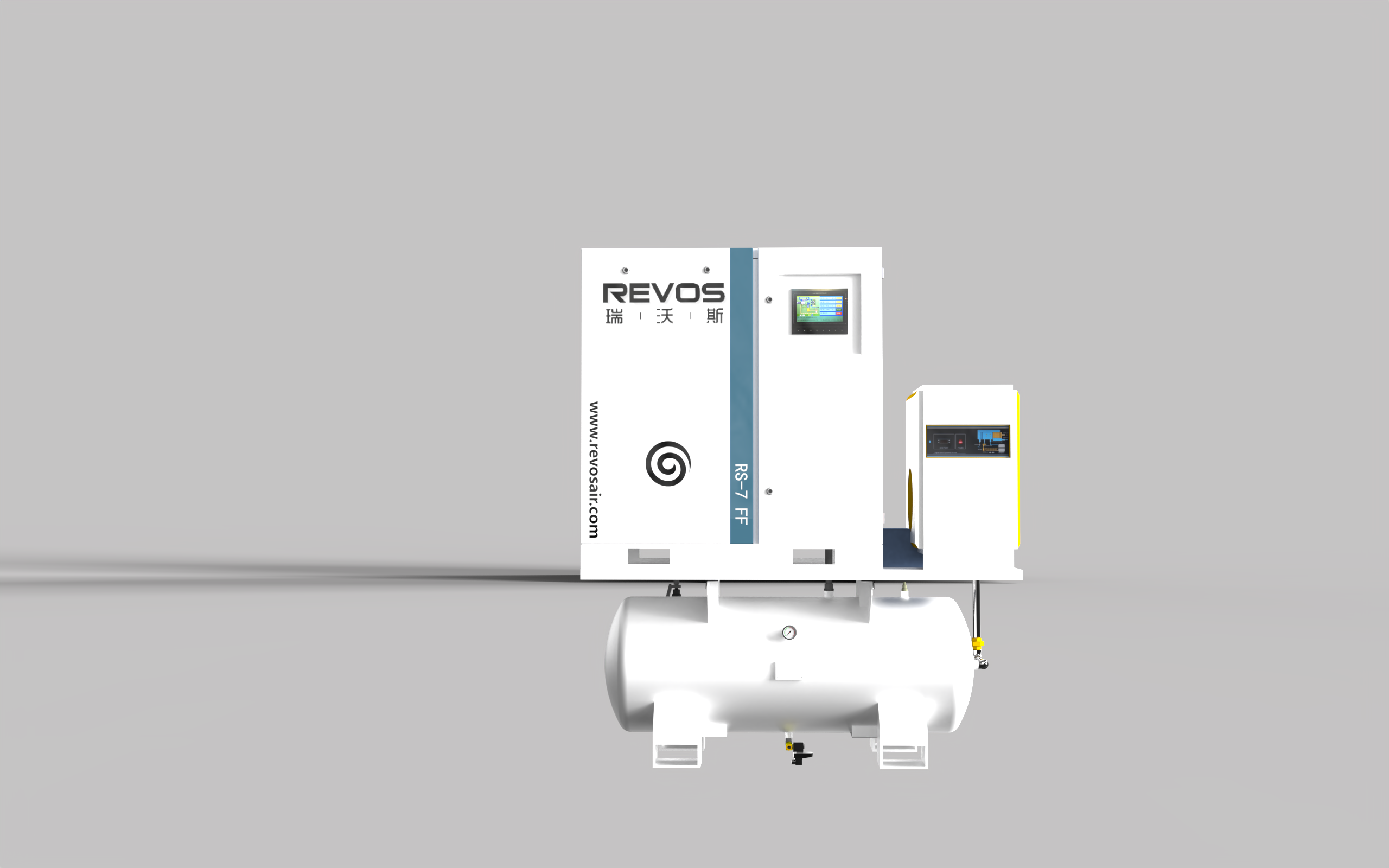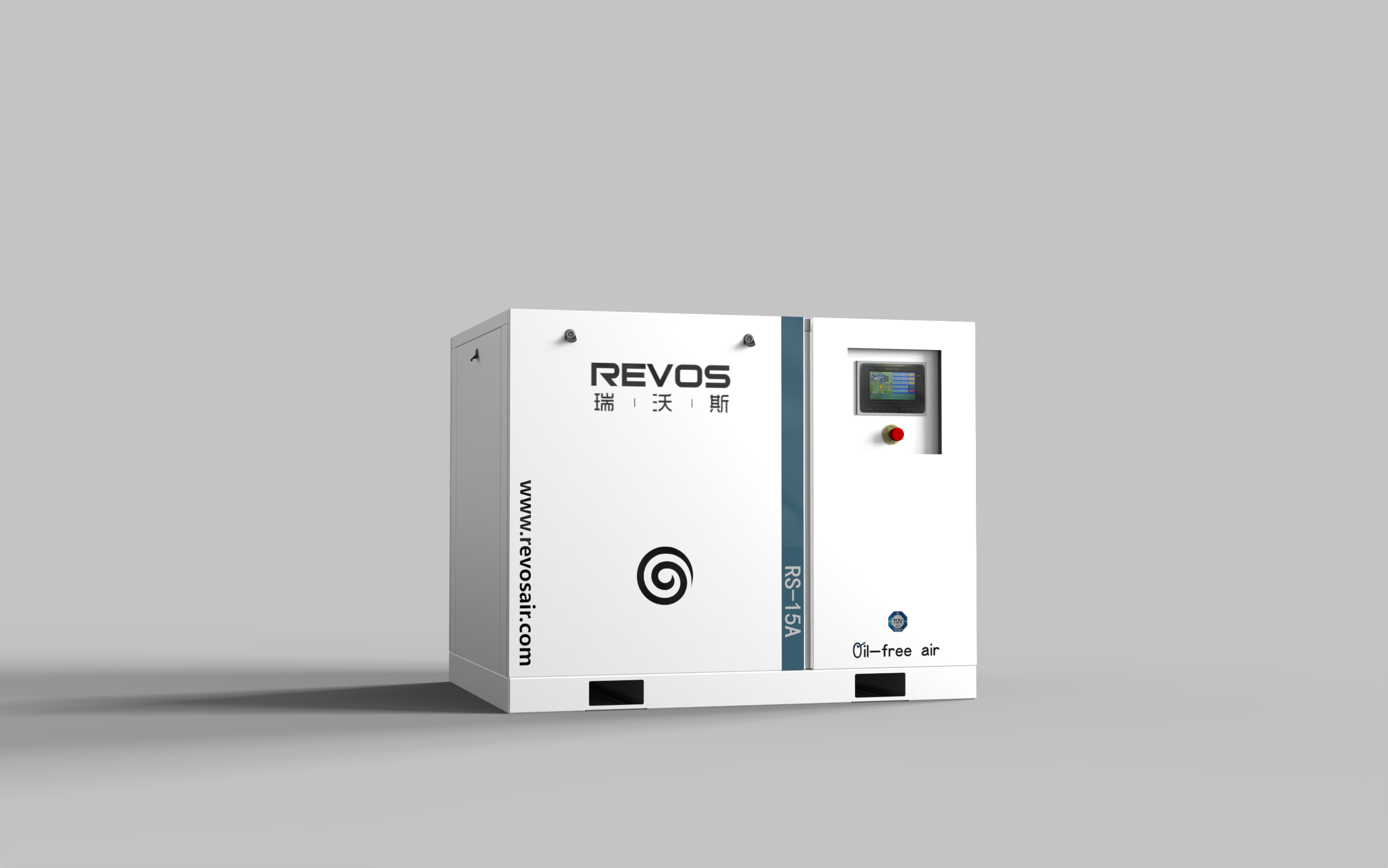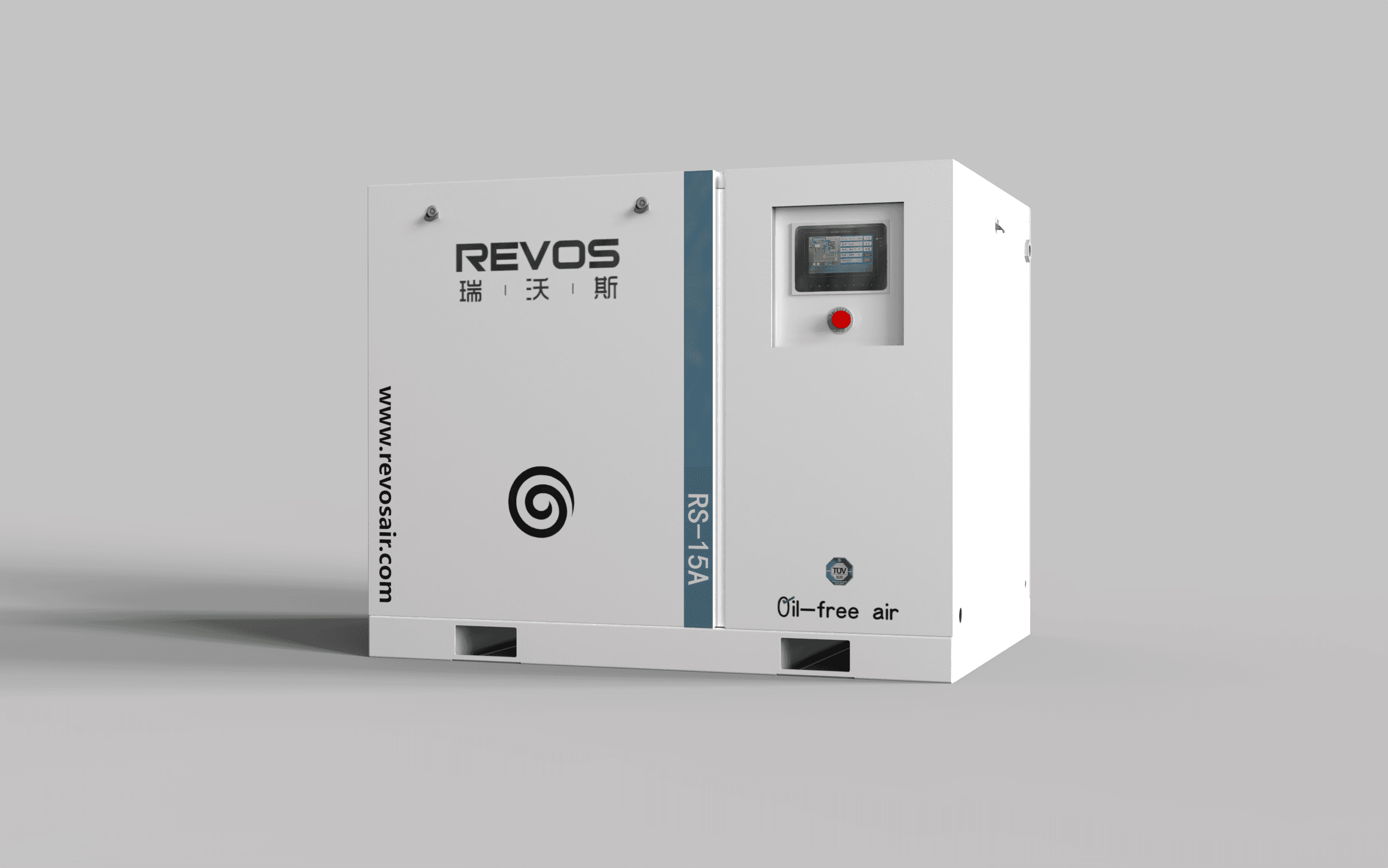As a seasoned professional with over a decade of experience in industrial compressed air systems, I've witnessed firsthand how critical air quality becomes in healthcare environments. Contamination or system failure doesn't merely disrupt operations—it can directly impact patient safety and product integrity. In this analysis, we examine oil-free compressor performance across healthcare applications, using industry best practices and real-world scenarios to help industrial buyers make informed supplier evaluation decisions. The healthcare sector demands equipment that delivers uncompromising reliability while meeting stringent regulatory requirements, making compressed air system selection a decision of significant consequence.
Healthcare Industry Requirements for Compressed Air Systems
The healthcare industry operates under some of the most rigorous compressed air quality standards globally. Unlike general industrial applications where minor oil contamination might be acceptable, medical environments require air virtually free from particulate matter, moisture, and oil carryover. Regulatory bodies including the FDA and ISO have established comprehensive guidelines defining acceptable contamination levels for diverse healthcare applications.

In hospitals, compressed air powers precision surgical tools and provides life-sustaining respiratory support. Contaminated air in these settings can cause surgical site infections or compromise patient breathing. Similarly, pharmaceutical manufacturing facilities require Class 0 oil-free compressed air to prevent product contamination during production processes.
Healthcare facilities must also prioritize system reliability above almost all other considerations. Compressed air supply interruptions can disrupt life-saving procedures and critical manufacturing processes. This creates a unique challenge: systems must deliver exceptional air quality and near-continuous uptime, often necessitating redundant configurations and advanced monitoring capabilities.
Comparative Analysis Framework for Medical Grade Air Compressors
When evaluating oil-free compressors for healthcare applications, a structured comparison framework is essential. Based on industry best practices, effective evaluation models incorporate multiple dimensions beyond initial acquisition cost.
Performance metrics should include airflow capacity under varying demand, pressure stability, and energy efficiency at partial loads—factors critical in healthcare facilities that often experience significant daily air demand fluctuations. Maintaining consistent pressure and flow rates is particularly important for sensitive medical equipment calibration and operation.
Air quality certification represents another critical factor. True medical-grade compressors should meet or exceed ISO 8573-1 Class 0 standards for oil content while achieving appropriate classifications for particulate matter and moisture. During supplier evaluation, thoroughly verify documentation of third-party testing and certification to ensure compliance.
Reliability indicators like mean time between failures (MTBF), service interval requirements, and replacement part availability require careful comparison. In healthcare settings, unplanned downtime costs often far exceed any initial savings from choosing lower-cost compressor systems, making reliability a paramount consideration.
Case Studies: Oil-Free Compressor Applications in Healthcare
Hospital Central Air Supply System
A large regional medical center recently upgraded its compressed air infrastructure, replacing aging lubricated compressors with modern oil-free systems. The facility had been experiencing inconsistent pressure regulation and growing concerns about air quality compliance with evolving healthcare standards.

After evaluating multiple suppliers, the hospital implemented oil-free rotary screw compressors with integrated air treatment systems. The new installation included redundant units for continuous supply assurance and advanced monitoring providing real-time alerts for performance deviations.
Results showed measurable improvements in both reliability and air quality. Over 12 months of operation, the facility documented 97% fewer unplanned downtime incidents related to air supply. Comprehensive air quality testing confirmed consistent ISO 8573-1 Class 0 compliance, eliminating patient and staff contamination risks while simplifying regulatory reporting.
Pharmaceutical Manufacturing Facility
A leading pharmaceutical manufacturer specializing in injectable medications required compressed air systems that could maintain absolute oil-free quality while delivering consistent performance for continuous production processes. Any contamination could compromise product integrity and result in costly batch failures.

The facility installed oil-free scroll compressors in key production areas, citing pulse-free air delivery and compact footprint as primary decision factors. These compressors integrated seamlessly with advanced drying and filtration systems to meet the pharmaceutical industry's stringent air quality requirements.
Validation testing confirmed the new systems maintained Class 0 oil-free air quality even during peak production periods. Additionally, the facility documented 15% lower energy consumption compared to previous systems, resulting in significant operational cost savings within the first year while enhancing product quality assurance.
Key Performance Factors in Healthcare Settings
Several performance factors distinguish superior oil-free compressors in healthcare applications. Air purity remains foundational, with Class 0 certification representing the highest oil-free air standard available. This certification ensures absolutely no detectable oil in compressed air, eliminating contamination risks in sensitive medical and pharmaceutical processes.
Energy efficiency has grown increasingly important as healthcare facilities face pressure to reduce operational costs and environmental impact. Variable speed drive technology allows compressors to match output precisely to demand, cutting energy use during lower-usage periods common in healthcare facilities with variable daily activity patterns.
Noise reduction matters particularly in patient care areas and research facilities where excessive noise can interfere with recovery and laboratory procedures. Modern oil-free compressors utilize advanced sound attenuation technologies to reduce operating noise to levels as low as 65 decibels—comparable to normal conversation volumes and well within hospital environmental standards.
Space optimization frequently challenges healthcare facilities where floor space is at a premium. Compact designs and modular configurations allow flexible installation options, including placement in small mechanical rooms or decentralized locations throughout large facilities, optimizing both space utilization and system efficiency.
Selection Criteria for Healthcare Compressor Systems
When selecting oil-free compressors for healthcare applications, industrial buyers should establish clear evaluation criteria prioritizing medical environment needs. Technical specifications should include rated capacity, pressure ranges, performance under varying loads, and comprehensive air quality metrics.
Certification verification requires thorough documentation review. Reputable suppliers provide comprehensive certification packages demonstrating compliance with relevant standards: ISO 8573-1 for air quality, ISO 13485 for medical device manufacturing processes, and CE marking for European markets.
Supplier qualification goes beyond product specifications to include service capabilities and industry experience. Evaluate suppliers based on response time, technical support availability, and proven experience with similar healthcare installations. The ability to provide validation documentation and support regulatory compliance often distinguishes exceptional suppliers from merely adequate ones.
Total cost of ownership analysis should consider purchase price, installation costs, energy consumption, maintenance requirements, and expected service life. In healthcare applications, higher upfront cost systems often prove more economical over time due to superior reliability, efficiency, and compliance assurance.
Implementing Oil-Free Compressors in Healthcare Facilities
Planning Considerations
When planning oil-free compressor system implementation, conduct a comprehensive assessment of current and future air demands. This should include peak usage scenarios and planned expansions or new equipment installations that may increase air requirements over the system's expected lifespan.
Engage stakeholders from clinical engineering, facilities management, and infection control departments to address all perspectives and requirements. This collaborative approach identifies potential conflicts between departmental needs and develops a system that serves the entire facility effectively while meeting regulatory requirements.
Installation Best Practices
Healthcare environment installations require meticulous planning to minimize operational disruption. This often necessitates phased implementation where new systems are installed and commissioned while existing systems maintain air supply, ensuring continuous patient care and operations.
Proper location selection considers noise transmission, maintenance accessibility, and proximity to air demand points to minimize pressure losses. In patient care areas, additional sound attenuation may be necessary to meet hospital environmental standards and ensure patient comfort and recovery.
Maintenance Protocols
Establishing comprehensive maintenance protocols ensures ongoing performance and compliance. These should include scheduled preventive maintenance, regular air quality testing, and continuous performance monitoring.
Documenting all maintenance activities is essential for regulatory compliance, particularly in pharmaceutical manufacturing and acute care settings. Many healthcare facilities utilize computerized maintenance management systems (CMMS) to track activities and ensure schedule compliance with regulatory requirements.
Performance Monitoring
Continuous monitoring of key performance parameters allows proactive identification of potential issues before system failures or quality deviations occur. Critical metrics to monitor include discharge pressure, airflow rates, operating temperatures, and energy consumption patterns.
Advanced systems increasingly incorporate IoT technology providing real-time performance data and alerts. This remote monitoring capability enables predictive maintenance approaches and reduces response times when issues arise, further enhancing system reliability and compliance.
Summary and Conclusion
The healthcare industry's unique air quality, reliability, and compliance requirements make compressed air system selection a critically important decision with far-reaching implications. Our comparative analysis of oil-free compressor performance across healthcare applications reveals key insights for industrial buyers during the evaluation process.
Class 0 oil-free certification has become the established healthcare standard, providing the necessary assurance for sensitive medical procedures and pharmaceutical production. When combined with energy-efficient technologies like variable speed drives, these systems deliver both superior air quality and meaningful operational cost benefits.
The case studies demonstrate how superior compressor performance directly improves patient safety, regulatory compliance, and operational efficiency in healthcare settings. Facilities that invest in high-quality oil-free systems benefit from reduced downtime, lower energy costs, and eliminated contamination risks—factors that directly impact bottom-line performance and patient outcomes.
As healthcare facilities continue to evolve, the demand for reliable, efficient, high-purity compressed air systems will only grow. Applying the selection criteria and implementation best practices outlined here helps industrial buyers balance budget considerations with long-term operational performance and patient safety requirements.
For healthcare facilities evaluating compressed air needs or planning system upgrades, engaging with suppliers that specialize in medical-grade applications and can provide comprehensive validation support represents best practice for successful implementation and ongoing compliance. The right oil-free compressor system isn't merely equipment—it's a critical component of a healthcare facility's commitment to quality care and operational excellence.
